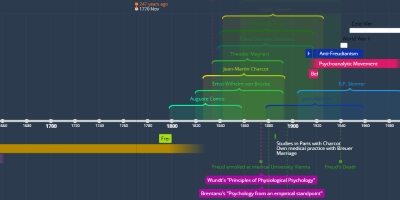Clark Hull (feb 1, 1884 – sep 1, 1952)
Description:
- poor family -> poorly educated -> his wife had to teach him how to read- studied maths and physics
- PhD in psychology in 1918 -> psychological research on learning and motivation in Wisconsin and Yale
- Drive concept: on basis of homeostasis where drives provide the maintenance of the equilibrium of homeostasis -> habits
- Neobehaviorism
- goal-gradient effect
- mathematical deductive theory of behavior: sEr= VxDxKxJxsHr-sIr-Ir-sOr-sLr
-> (explanation of quotation)
sEr: the likelihood that an organism will produce
a response (r) to a stimulus (s)
V: Stimulus intensity dynamism ( some stimuli
will have greater influences than others)
D: Drive strength (determined by the amount of
biological deprivation)
the more deprived, the more motivation
K: Incentive motivation (size of the goal)
J: The delay before the organism is allowed to
seek reinforcement
sHr: Habit strength (established by the amount of
previous conditioning)
slr: Conditioned inhibition (caused by previous
lack of reinforcement)
lr: Reactive inhibition, or fatigue
sOr: Random error
sLr: Reaction threshold
Added to timeline:
Date:
feb 1, 1884
sep 1, 1952
~ 68 years
